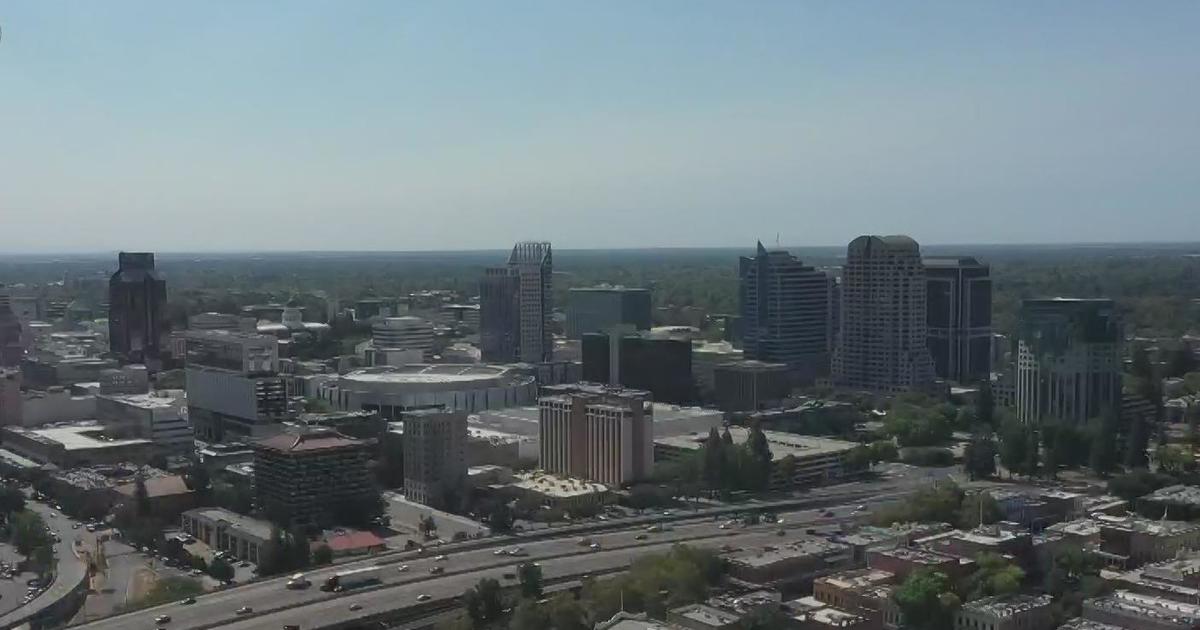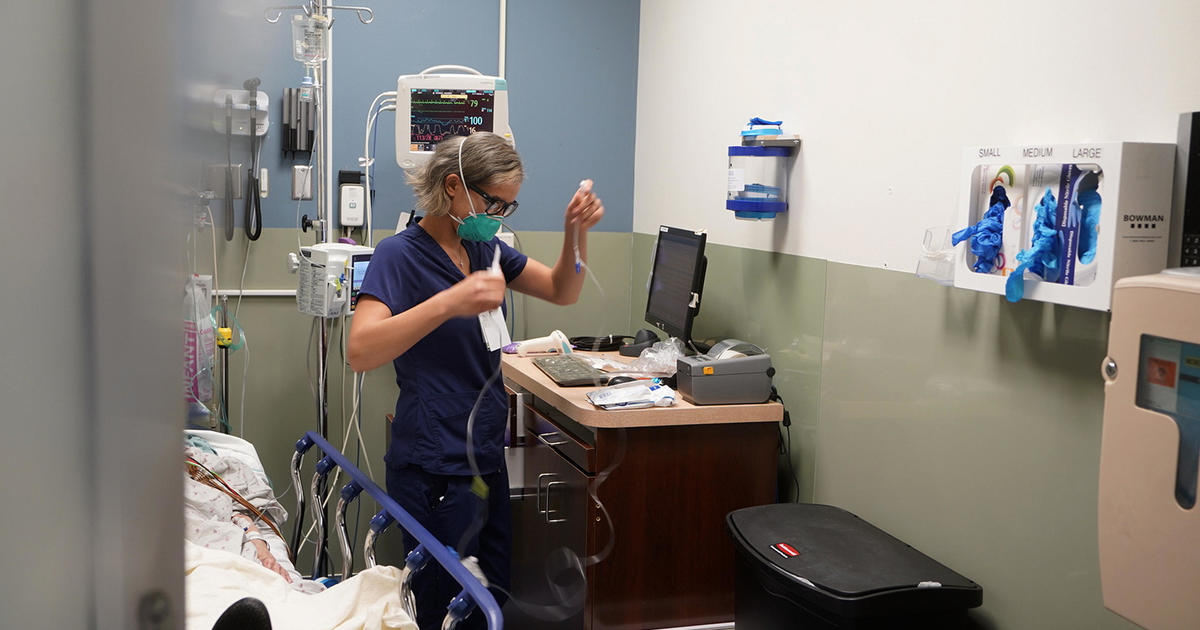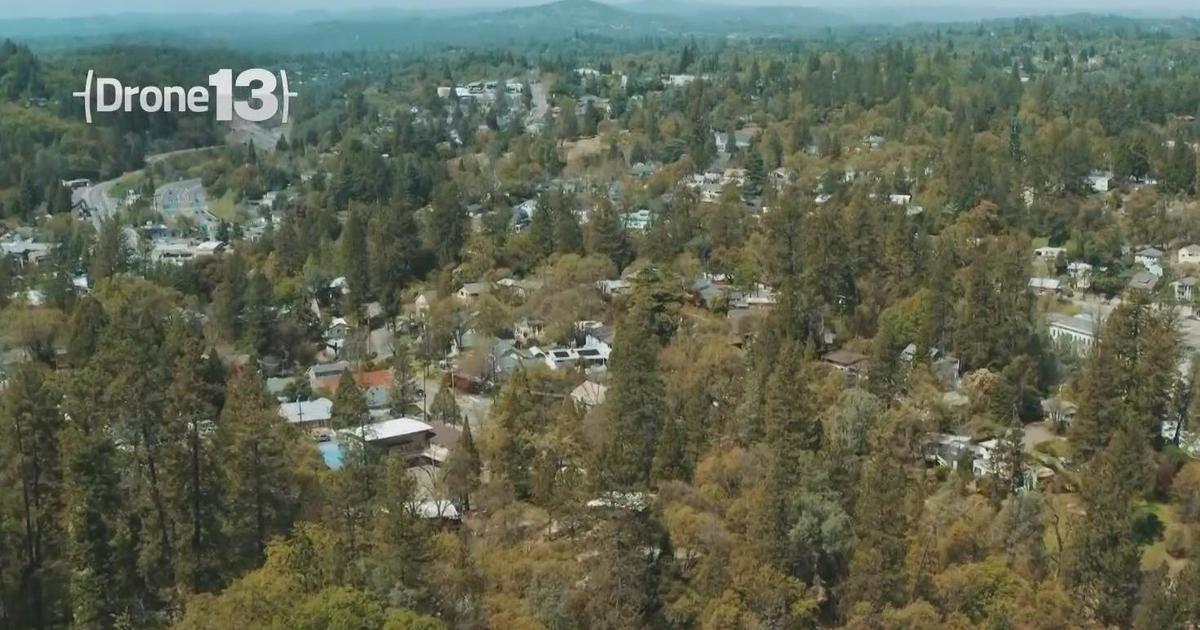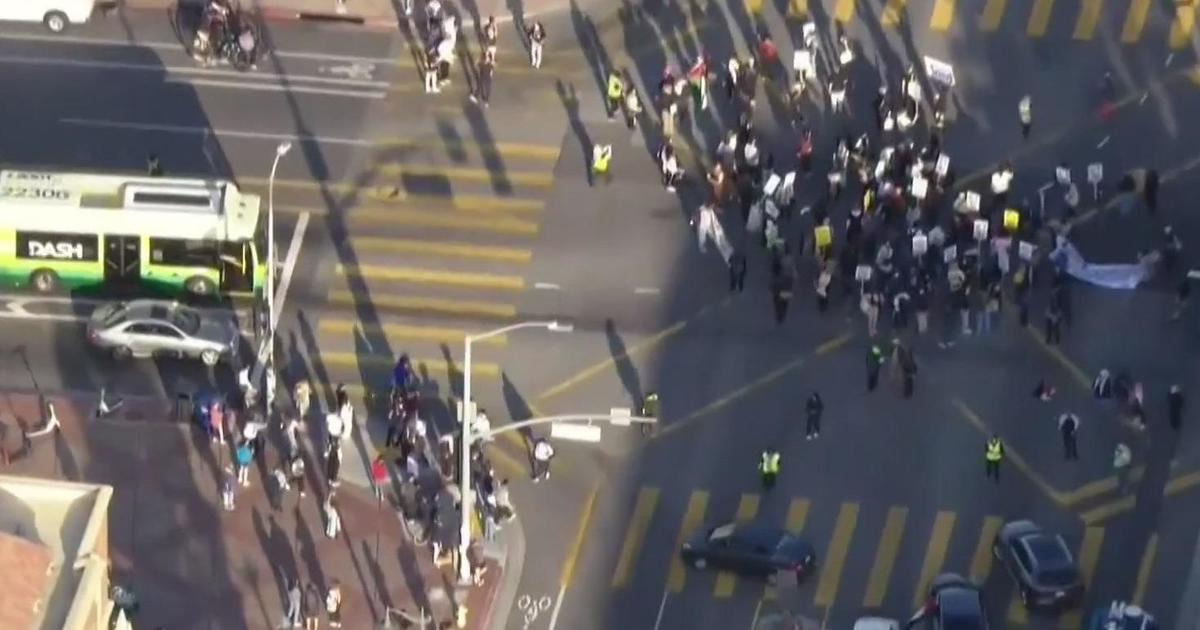Deal Struck On Spending $900 Million In California Climate Funds
SACRAMENTO, Calif. (AP) - Gov. Jerry Brown and California's top legislative leaders said Wednesday they have reached an agreement to spend $900 million on environment-related programs, nearly two-thirds of the available money generated by the state's cap on carbon pollution.
Their deal, reached in the final hours of the two-year legislative session, includes $363 million for clean vehicle incentives and hundreds of millions for urban plants and efforts to create cleaner air in disadvantaged communities. It also includes $50 million to reduce emissions of methane and other climate-changing gases associated with landfills and dairy production.
The agreement is the product of negotiations between Brown, Senate President Pro Tem Kevin de Leon of Los Angeles and Assembly Speaker Anthony Rendon of Paramount. All three are Democrats.
"This plan gets us the most bang for the buck," Brown said in a statement. "It directs hundreds of millions where it's needed most - to help disadvantaged communities, curb dangerous super pollutants and cut petroleum use - while saving some for the future."
If the Assembly and Senate sign off, the deal would end two years of indecision over what to do with $1.4 billion in revenues from California's fee on polluters, known as cap-and-trade. About 60 percent of program revenues are earmarked for specific projects including high-speed rail. The spending announced Wednesday covers the remaining 40 percent and also leaves $462 million for future years.
The spending plan is a compromise between De Leon, who two weeks ago proposed spending nearly all the available funds, and Rendon and Brown, who advocated a more frugal approach, particularly given plummeting revenue and uncertainty about the program's long-term viability.
It still requires approval from the Democrat-controlled state Legislature, which is scheduled to finish its two-year session by midnight on Wednesday.
The money "goes to many Democrat pet projects throughout the state at the expense of wildfire prevention issues and pursues long-term greenhouse gas reduction goals that will continue to harm families and jobs," said Sen. Jeff Stone, R-Temecula, who opposes the spending plan.
Pollution permits consistently sold out after the cap-and-trade program began in 2012, regularly generating billions of dollars to combat climate change. But demand this year has plummeted amid a legal challenge that threatens to end the program.
Lawmakers are also considering companion legislation that would require steep reductions in a variety of climate-changing gases known as short-lived climate pollutants, including methane, HFC gases used in aerosols and air-conditioning refrigerants and soot, known as black carbon. While these pollutants live in the atmosphere for relatively short periods, they have an outsized impact on climate change, according to legislative researchers.
The compromise package, tied to the $50 million in methane emissions funding, would set a requirement that dairies and livestock producers reduce methane emissions to 40 percent below their 2013 levels by 2030. It allows for the regulation of cow flatulence - another source of methane emissions - if experts determine that technology exists to reduce it.
California would also be pushed to significantly increase composting in order to reduce organic waste, which emits greenhouse gases when it breaks down in landfills. SB1383 sets a goal of reducing the flow of food products to landfills by 50 percent within four years.
It is a compromise between Sen. Ricardo Lara, D-Bell Gardens, dairy interests and some environmental groups. Lara worked Wednesday to round up support in the Assembly. Other environmental groups were opposed to changes Lara made to ease the transition for the dairy industry.
Copyright 2016 The Associated Press.



